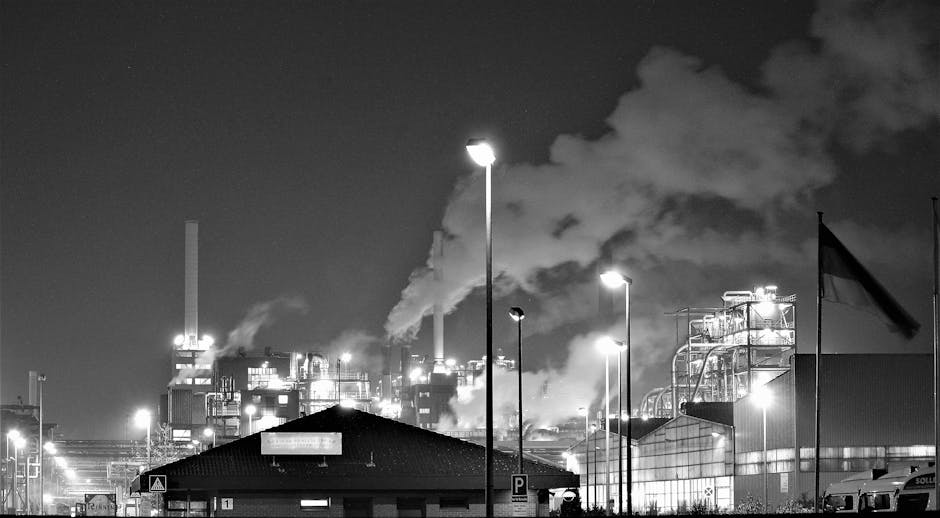Global warming, a pressing environmental issue, refers to the gradual increase in Earth's average temperature caused by the accumulation of greenhouse gases in the atmosphere. Primarily originating from human activities, this phenomenon poses severe risks to our planet, its ecosystems, and human well-being.
Greenhouse gases, such as carbon dioxide and methane, trap heat in the atmosphere, leading to a rise in global temperatures. The primary source of these gases is the burning of fossil fuels for energy, transportation, and industrial processes. Deforestation, another significant contributor, removes trees that absorb carbon dioxide from the atmosphere.
The consequences of global warming are far-reaching and devastating. Rising temperatures contribute to extreme weather events, including more frequent and severe hurricanes, heat waves, droughts, and floods. These events can cause widespread devastation, loss of life, and economic damage.
Coastal communities are particularly vulnerable to the effects of global warming. Sea level rise, caused by the expansion of ocean water as it warms, threatens to inundate low-lying areas. This can lead to erosion, flooding, and the displacement of populations.
The impacts of global warming are also felt in ecosystems worldwide. Changes in temperature, precipitation patterns, and sea levels disrupt the delicate balance of natural habitats, leading to species loss and biodiversity decline. Coral reefs, for example, are highly sensitive to temperature changes and are facing widespread bleaching and death.
Human health is also affected by global warming. Heat waves pose a significant risk for the elderly, children, and those with chronic conditions. Air pollution, exacerbated by higher temperatures, can aggravate respiratory and cardiovascular diseases.
Addressing global warming requires urgent action on both individual and collective levels. Reducing our carbon footprint by using renewable energy sources, improving energy efficiency, and adopting sustainable practices is crucial. Reforestation and conservation efforts can help absorb carbon dioxide and maintain biodiversity.
Governments have a vital role to play in implementing policies that support the transition to a low-carbon economy. Promoting clean energy technologies, investing in research and development, and setting ambitious emissions reduction targets are essential. International cooperation is also critical, as the issue of global warming transcends national borders.
By taking collective action, we can mitigate the worst effects of global warming and secure a healthier and more sustainable future for generations to come. The time to act is now, for the sake of our planet and our well-being.

